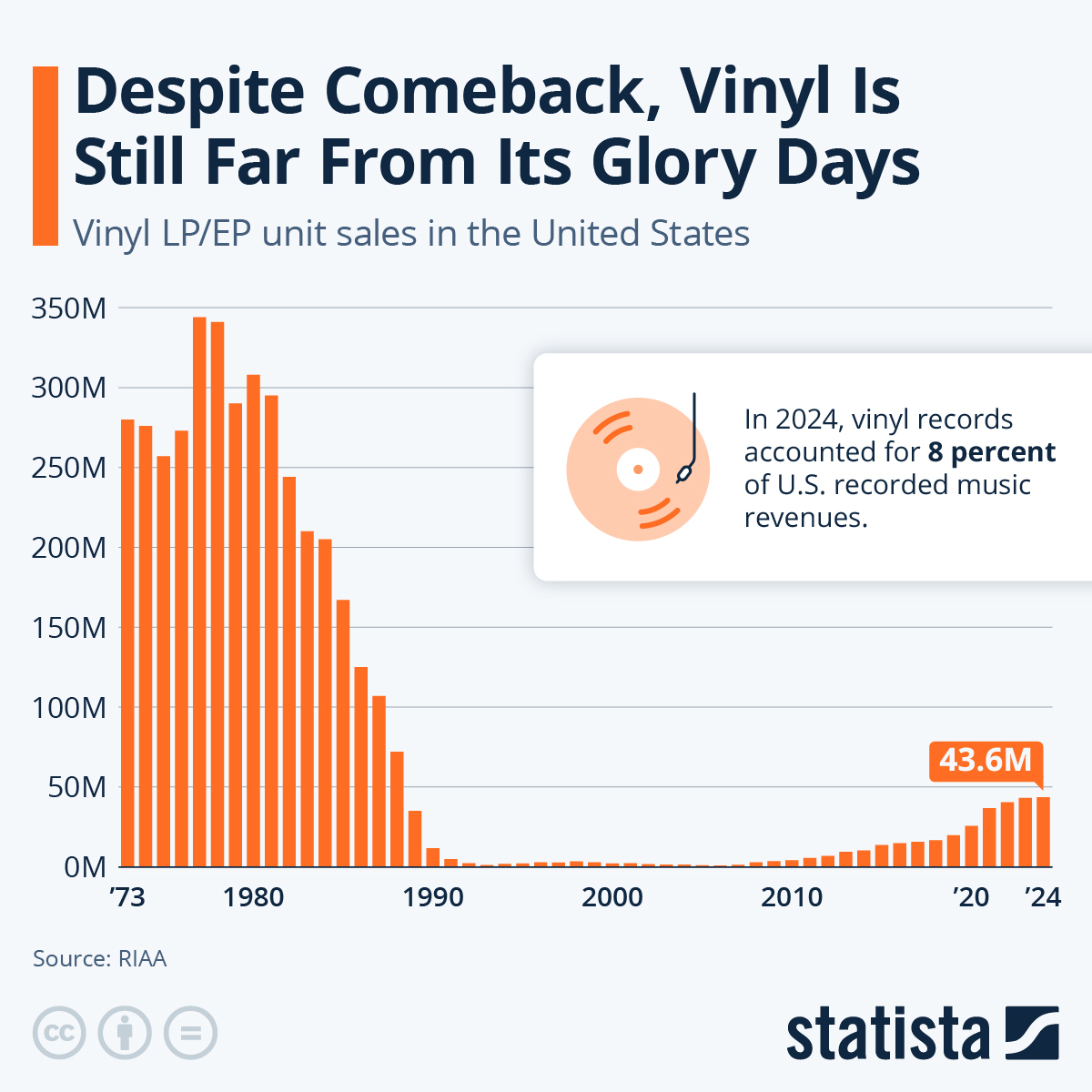➦In 1940... The radio quiz program, “Take It or Leave It” aired on CBS. Contestants were offered a top prize of $64 by Bob Hawk. Losers left as there were no lovely parting gifts or consolation prizes.
"Take It or Leave It" was a very popular radio quiz show in America during its run. The title was derived from the fact that each time a contestant answers a question correctly, he or she will be asked to either "Take" his/her winnings and walk away, or "Leave" it and proceed with the next question.
The show ran for 10 years on CBS (1940-1947) and NBC (1947-1950), and was hosted by Bob Hawk (1940-1941), Phil Baker (1941-1947), Garry Moore (1947-1949), Eddie Cantor (1949-1950), and Jack Paar (1950). It became the precursor of another American game show called "The $64,000 Question" on NBC Radio.
➦In 1960…Dick Clark testified before a congressional committee investigating payola.
 |
| Dick Clark |
Aware of their rising status, jocks established flat rate deals with labels and record distributors. A typical deal for a mid-level DJ was $50 a week, per record, to ensure a minimum amount of spins. More influential jocks commanded percentages of grosses for local concerts, lavish trips, free records by the boxful (some even opened their own record stores), plus all the time-honored swag. As Cleveland DJ Joe Finan later described the decade, “It was a blur of booze, broads and bribes.”
Clark admitted that over a period of 28 months he'd had a financial interest in 27 percent of the records he played on his "American Bandstand" TV show. Clark was ordered to sell off some of his conflicting interests, but had his name cleared -- unlike disc jockey Alan Freed, who refused to admit that payola was an illegal or immoral practice.
Alan Freed and Dick Clark both played important parts in the rise of rock ’n’ roll (Freed embodied the incendiary spirit of the music more than Clark, refusing to play white cover versions of black songs, such as Pat Boone’s “Tutti Frutti”). And though they both denied ever accepting payola, it’s almost impossible to imagine two young, popular jocks not succumbing to a little temptation. Guilty or not, it was Freed who ended up taking the fall for DJs everywhere.Why did the committee single him out? Freed was abrasive. He consorted with black R&B musicians. He jive talked, smoked constantly and looked like an insomniac. Clark was squeaky clean, Brylcreemed, handsome and polite. At least on the surface. Once the grilling started, Freed’s friends and allies in broadcasting quickly deserted him. He refused—“on principle”—to sign an affidavit saying that he’d never accepted payola. WABC fired him, and he was charged with 26 counts of commercial bribery. Freed escaped with fines and a suspended jail sentence. He died five years later, broke and virtually forgotten.
Previous to the trial, Dick Clark had wisely divested himself of all incriminating connections (he had part ownership in seven indie labels, six publishers, three record distributors and two talent agencies). He got a slap on the wrist by Committee chairman Oren Harris, who called him “a fine young man.” As Clark told Rolling Stone in 1989, the lesson he learned from the payola trial was: “Protect your ass at all times.” Surprisingly candid words from the eternal teenager.
After Freed went down in 1960, Congress amended the Federal Communications Act to outlaw “under-the-table payments and require broadcasters to disclose if airplay for a song has been purchased.” Payola became a misdemeanor, with a penalty of up to $10,000 in fines and one year in prison.
➦In 1982...The TV sitcom “WKRP in Cincinnati” aired for the final time after four seasons and 90 episodes.

















































